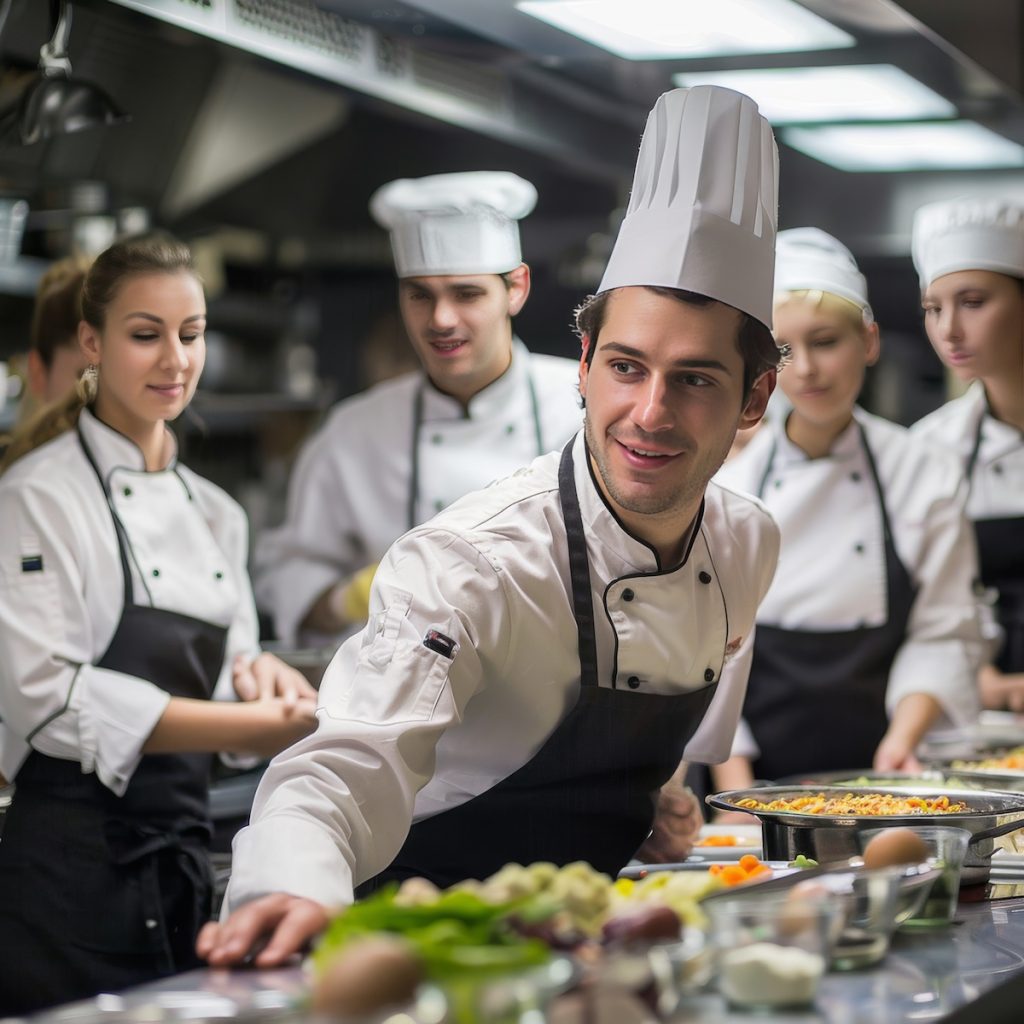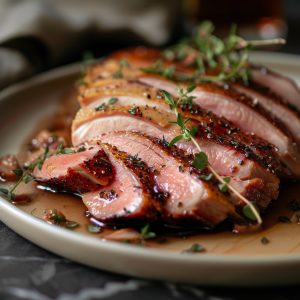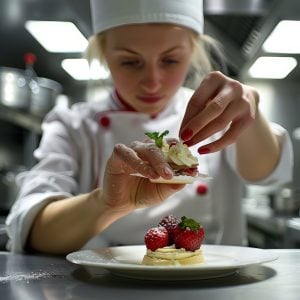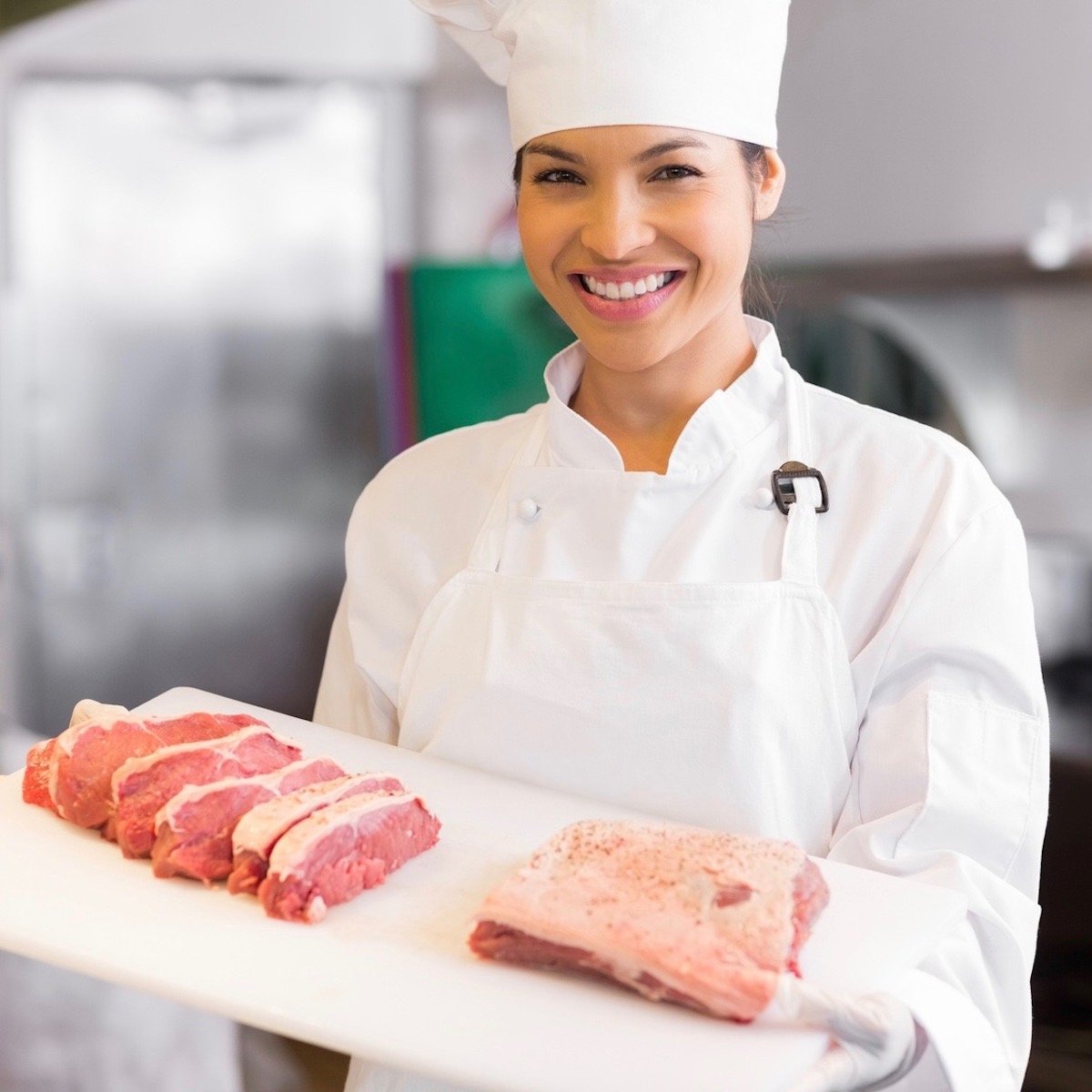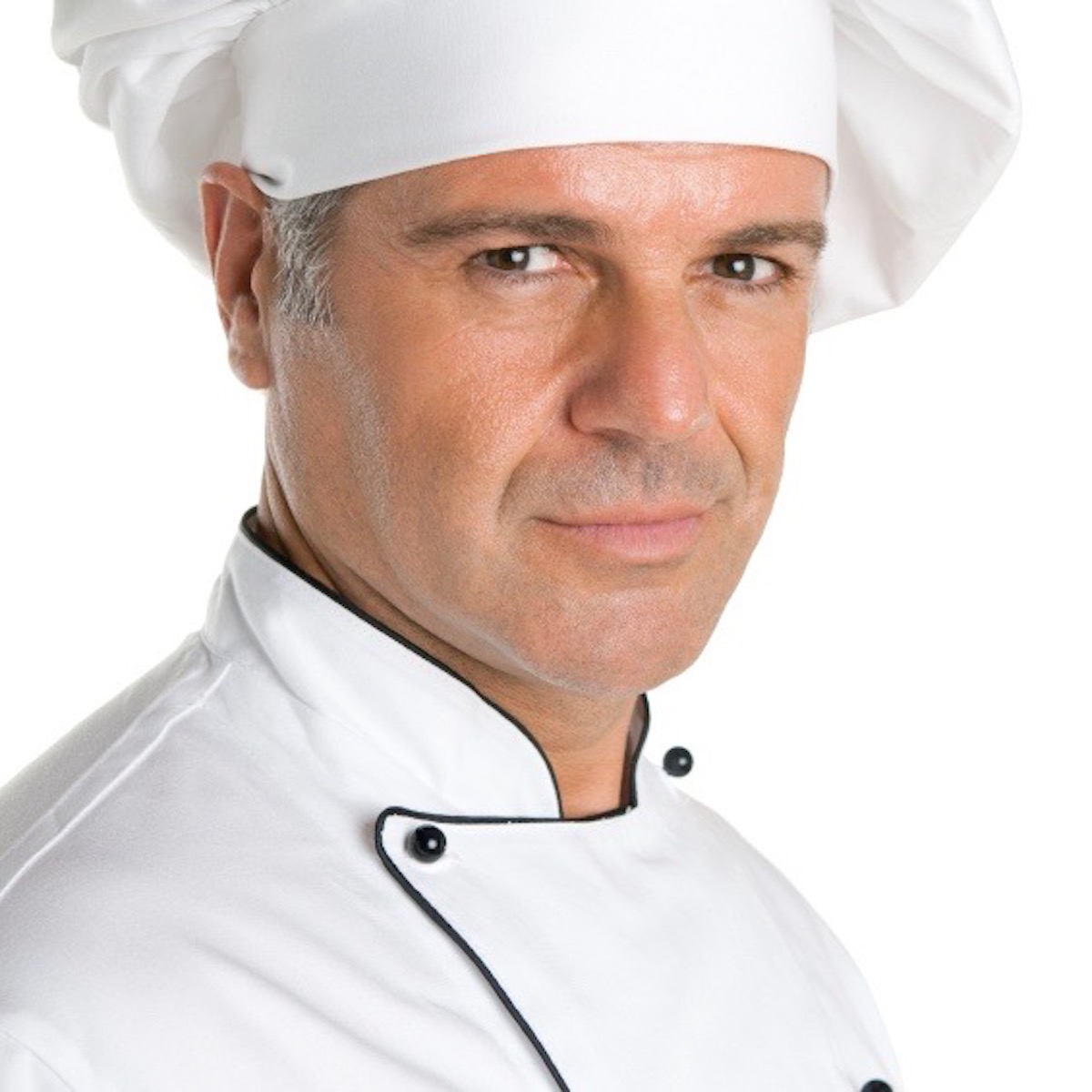What You Need To Know To Get Into a Culinary Institute
Getting into culinary school is the first step toward turning your passion for cooking into a professional career. Whether you dream of becoming a chef, a pastry artist, or a food entrepreneur, culinary school offers the foundational knowledge and hands-on experience needed to succeed in the fast-paced culinary world. However, the application process can be competitive and requires careful preparation.
In this post, we’ll guide you through the essential steps to increase your chances of being accepted into the culinary program of your choice. From researching schools that align with your career goals to understanding the prerequisites and application requirements, it’s essential to approach the process with a clear plan. We’ll also discuss the importance of building a solid portfolio, gaining relevant experience, and preparing for interviews and entrance exams.
Whether you’re a high school student exploring your options or a career changer looking to follow your culinary passion, this guide will provide valuable insights into what schools are looking for and how you can stand out as a candidate. With the proper preparation, you can take this exciting step toward a fulfilling career in the culinary arts.
Competition
Competition is a significant factor when applying to culinary school, as many top programs attract aspiring chefs and culinary professionals worldwide. With limited spots available, standing out among other applicants requires more than a passion for cooking. Schools often look for candidates who demonstrate a strong commitment to the culinary arts, a clear vision for their career, and the ability to thrive in a rigorous, hands-on learning environment.
To compete effectively, it’s crucial to build a well-rounded application. This includes gaining relevant experience through internships, part-time jobs, or volunteering in kitchens or food-related businesses. Highlighting unique skills, such as knowledge of a particular cuisine, pastry arts, or food photography, can also set you apart.
Additionally, your application should reflect your dedication to continuous learning and improvement. This can be shown through your academic achievements, participation in culinary workshops, or even personal projects like food blogging. A strong portfolio showcasing your best work and glowing recommendations from industry professionals or mentors can further enhance your application.
Understanding the competition and preparing thoroughly can make all the difference in securing a spot in a prestigious culinary program, setting the stage for a successful culinary career.
Academics
Academics play a crucial role in the application process for culinary school, and they can significantly impact your chances of being accepted, especially in more competitive programs. While culinary schools primarily focus on practical skills and creativity in the kitchen, they also value a strong academic foundation, particularly in subjects relevant to the culinary arts.
Key academic areas include:
- Math and Science: Culinary programs often emphasize the importance of understanding measurements, conversions, and the science behind cooking techniques. A solid grasp of math, especially fractions and ratios, is essential for accurate recipe execution. Knowledge of basic chemistry and biology can also be beneficial, particularly for understanding food safety, nutrition, and the chemical reactions involved in cooking.
- English and Communication: Strong communication skills are vital in the culinary field, whether reading and writing recipes, collaborating with a team, or communicating with clients. Culinary schools often look for students who can effectively articulate their ideas verbally and in writing. Good English skills are also crucial for research and writing assignments.
- Business and Management: Understanding business, economics, and management basics is increasingly important as the culinary industry evolves. Many culinary programs incorporate elements of business education, so a background in these subjects can be a plus.
- Overall Academic Performance: Your general academic performance and GPA can reflect your discipline, work ethic, and ability to manage the demands of a rigorous program. While culinary schools may not require the same academic achievements as traditional colleges, a solid academic record can strengthen your application, especially in competitive programs.
Balancing academics with your passion for cooking demonstrates to admissions committees that you’re well-rounded and prepared for the challenges of culinary school.
Costs
Costs are a significant consideration when deciding whether to attend culinary school, as tuition and related expenses can be substantial. Culinary school is an investment in your future career, but weighing the financial commitment against your long-term goals and potential earnings in the culinary industry is essential.
Here’s what to consider:
- Tuition Fees: Culinary school tuition can vary widely depending on the program’s prestige, location, and duration. Top culinary schools with renowned faculty and state-of-the-art facilities typically charge higher tuition fees, sometimes reaching tens of thousands of dollars per year.
- Additional Expenses: In addition to tuition, you’ll need to budget for additional costs such as uniforms, knives, and other kitchen tools, which are often required for hands-on training. There may also be fees for textbooks, materials, and exams. Some programs include internships or externships that might require travel or relocation, adding to your expenses.
- Living Costs: If you’re attending a culinary school away from home, factor in the cost of living, including housing, food, transportation, and other daily expenses. Urban areas, where many top culinary schools are located, can be expensive.
- Financial Aid and Scholarships: Many culinary schools offer financial aid packages, including scholarships, grants, and loans. Researching and applying for scholarships designed explicitly for culinary students can significantly offset costs. Some programs also offer work-study opportunities or allow you to earn while you learn through internships.
- Return on Investment: Consider the potential return on your investment by researching the average salaries for culinary graduates and the career paths available after completing your education. While starting salaries in the culinary industry can be modest, the skills and connections gained at a reputable culinary school can open doors to higher-paying positions and entrepreneurial opportunities.
- Alternative Funding Options: Explore all possible funding options, including private loans, savings, or part-time work while studying. Some students start their culinary careers in entry-level positions before school, using their earnings and experience to fund their education.
Understanding the full financial picture and planning accordingly can help you decide whether culinary school is a feasible and worthwhile investment for your career aspirations.

